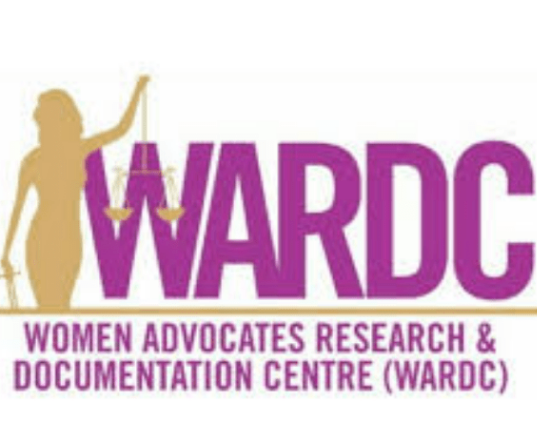The Women Advocate Research and Documentation Centre (WARDC) on Sunday held a capacity building for female traditional rulers (Iyalode) and female market women (Iyalojas) in tackling and reducing sexual and gender-based violence against women and girls in Ondo State.
Speaking during the workshop in Akure, Dr Abiola Akiyode-Afolabi, the Executive Director of WARDC, said that the project was with a support from Ford Foundation.
Akiyode-Afolabi added that the project was implementing solidarity, acountability and commitments to ending violence against women and girls (SAC-VAWG) in the six South-West states in Nigeria: Lagos, Ogun, Oyo, Osun, Ondo and Ekiti.
She said that the project was to use available means in tackling sexual abuse and violence against women and girls in the geo-political region.
According to her, the project is to enhance engagement, capacity and accountability of community leaders and gatekeepers, including women agencies, religious and traditional rulers.
“Violence against Women and Girls (VAWG), a major component of GBV, is a global act that has been on the increase and affects one out of every three females.
“The World Bank reported that 35 per cent of females globally have been sexually or physically abused by their partners and non-partners.
“Also, seven per cent of females have been sexually assaulted by individuals that are not their partners.
“In general, over 80 million women and girls are victims of gender-based violence.
“The United Nations Population Fund study found out that 28 per cent of Nigerian women aged 25-29 have been victims of physical violence since age 15,” she said.
She explained that domestic violence was common to all communities in Nigeria, and that it was mostly associated with a woman’s action or failure to act.
According to her, the participants have influential power to create awareness on laws against violence on women and girls in the society.
“Women also often suffer violence due to not meeting up with some socially accepted standard of behaviour.
“For this reason, have we called on you female traditional leaders (Iyalode) and leaders of market women associations (Iyaloja) in Ondo State to discuss the burning issue of sexual and gender-based violence and how the association and the council can address this vice in our communities.
“We are to build new ways and initiatives that deal with and confront cultural patterns of violence, dominance and power, while also empowering women and girls,” she said.
Akiyode-Afolabi, who noted that the project was in collaboration with the state Ministry of Women Affairs and the Restoration of the Dignity of Womanhood (ROTDOW), said that violence against women was a violation of human rights.
She added that violence was a major impediment to achieving gender equality and the empowerment of women and girls.
“Such violence harms women, their families and communities socially, politically and economically.
“It is now widely accepted that strategies to end violence against women and girls (VAWG) must include work with men and boys in other to identify promising approaches to ending VAWG as part of the need for multi-sectoral responses to the ending of violence against women and girls,” she said.
In her remarks, the state Commissioner for Women Affairs, Dr Adebunmi Osadahun, applauded Akiyode-Afolabi for her resolve to end violence against women and girls in Nigeria.
Osadahun urged female folks to have unity of purpose in defeating all forms of violence against women and girls.
She also urged parents to stop showing preferential treatment for male children over female ones.
The commissioner said that women should learn to be creative and independent and not relying on men for their survival, adding that “they should use their initiatives and knowledge to make headway in life.”
Osadahun urged young girls to avoid places and things that could make them vulnerable to attacks, adding that all cases of violence against them should be reported to appropriate authorities and relevant non-governmental organisations.
Similarly, the Special Adviser to the state governor, Mrs Olamide Falana, urged women to be united for a common goal of ending violence against them.
Falana said that the state government had put in place necessary mechanisms in addressing all forms of violence against women and children.
He promised that the government would support the association in achieving its aims of reducing violence against women to the barest minimum in the state.
